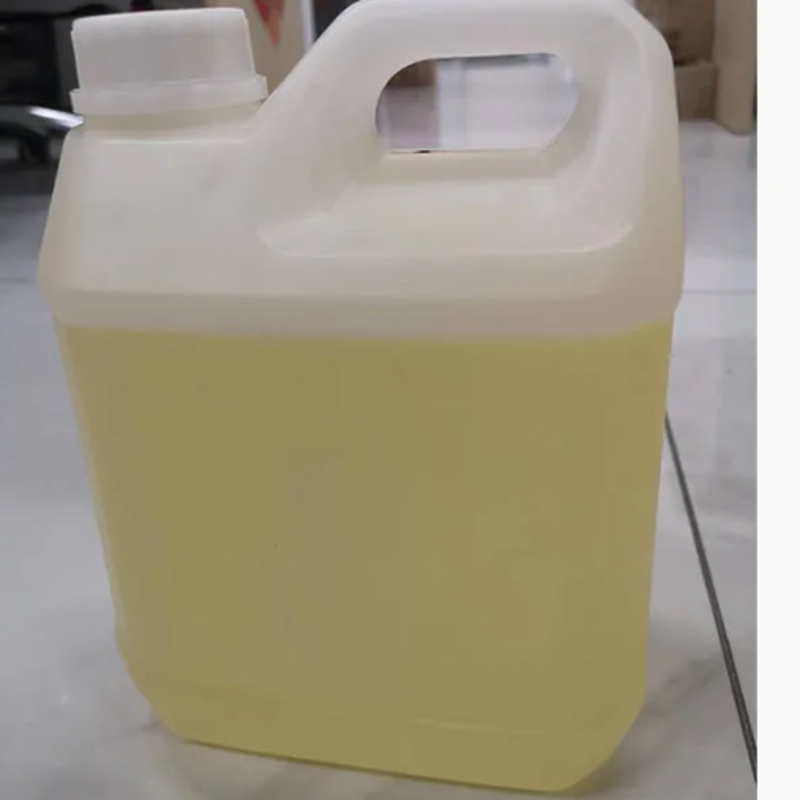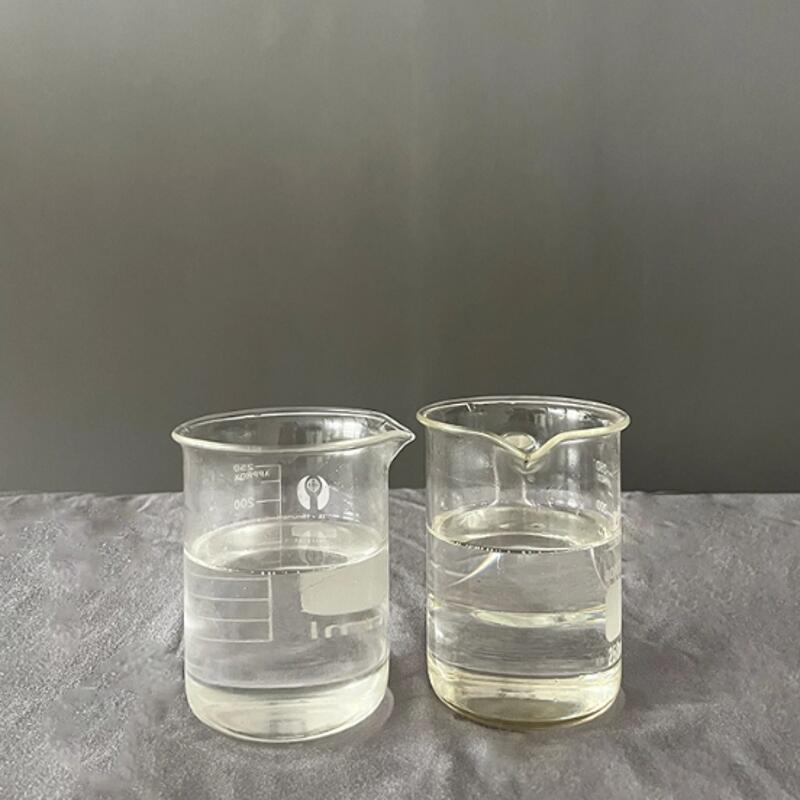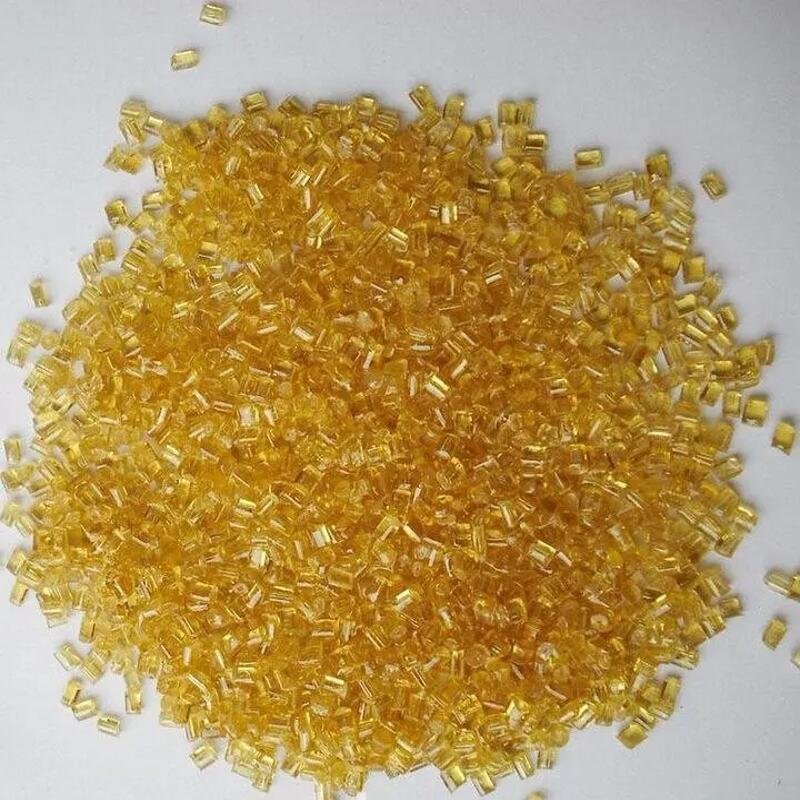-
Categories
-
Pharmaceutical Intermediates
-
Active Pharmaceutical Ingredients
-
Food Additives
- Industrial Coatings
- Agrochemicals
- Dyes and Pigments
- Surfactant
- Flavors and Fragrances
- Chemical Reagents
- Catalyst and Auxiliary
- Natural Products
- Inorganic Chemistry
-
Organic Chemistry
-
Biochemical Engineering
- Analytical Chemistry
-
Cosmetic Ingredient
- Water Treatment Chemical
-
Pharmaceutical Intermediates
Promotion
ECHEMI Mall
Wholesale
Weekly Price
Exhibition
News
-
Trade Service
In recent days, the war situation between Russia and Ukraine has continued to be tense, and the impact on bulk chemicals can be imagined
.
Russia and Ukraine are important exporters of commodities such as agricultural products and fertilizers
.
In addition, Russia is the world's second largest producer of oil and natural gas and an exporter of aluminum, nickel and copper.
Its aluminum electrolytic aluminum production capacity accounts for more than 6% of the world's total, making it one of the world's largest aluminum producers
.
After Russia launched military operations against Ukraine, the United States, the European Union, and Japan have joined the ranks of sanctions against Russia
.
The escalation of the sanctions situation has not only brought tension into energy, but also finance, raw material production and transportation, etc.
have also begun to join the melee
.
Under the stimulation of wave after wave, the price increase of raw materials is inevitable
.
Oil surges 11% as oil and gas giants line up to divest
Oil surges 11% as oil and gas giants line up to divestOn March 1, affected by the escalation of tensions between Russia and Ukraine, international oil prices surged sharply.
The main contracts of WTI crude oil and Brent crude oil both broke through the $100/barrel mark, hitting a new high since 2014.
WTI crude oil once rose by more than 11%.
.
Due to the failure of the first round of peace talks between Russia and Ukraine, this will also increase the uncertainty of the crude oil market, and the rise in crude oil will lead to higher oil prices and higher prices in some chemical markets
.
Since the outbreak of the Russia-Ukraine crisis, sanctions against Russia by the European and American camps have continued to increase
.
▶On February 27, under great pressure from the British government, bp Group (formerly known as BP) announced on its official website that it would withdraw from its shareholding in Rosneft and withdraw from other businesses in Russia, including a book value of about approx.
$1.
4 billion for three joint ventures with an estimated loss of $25 billion
.
▶ Hours after bp announced its withdrawal from Rosneft, Norwegian state oil company Equinor also said it would withdraw from the Russian joint venture
.
Equinor's joint venture in Russia is worth about $1.
2 billion
.
▶ Subsequently, Shell also announced that it would exit joint ventures with Gazprom and related entities, including its 27.
5% stake in the Sakhalin-2 LNG facility, Salym Oil Development 50% each in the company and Gydan Energy
.
▶Although Total has not withdrawn its investment, it has also announced that it will no longer participate in the financing of new projects in Russia
.
▶Exxon Mobil said it will stop the operation of the Sakhalin-1 LNG project in Russia and will take measures to withdraw from the project
.
Also, given the current situation, ExxonMobil will not invest in new developments in Russia
.
From another point of view, the actions of the oil giants at this critical moment may be due to pressure, or may it mean that they will join the action against Russia's economic sanctions!
In short, if Russia is sanctioned, it will not only involve people, companies, etc.
, but also make the gap between supply and demand bigger and bigger
.
During the war, the production and supply chain will be stagnant.
When the supply of resources cannot keep up with the demand, it will stimulate the contradiction between the supply and demand of the market between the two countries, and will also directly drive the price increase around the world
.
Many foreign companies encounter force majeure
Many foreign companies encounter force majeure▶On February 24, affected by the conflict between Russia and Ukraine, the largest petrochemical plant in Ukraine, Karpatneftekhim, has stopped production after the implementation of martial law in Ukraine
.
According to statistics, the plant's production capacity includes 250,000 tons/year of ethylene and 117,000 tons/year of propylene
.
Among them, propylene is mainly exported to Poland, and a small amount is exported to Germany and Slovakia
.
In addition, the plant also has downstream units of 100,000 tons/year benzene, 200,000 tons/year caustic soda, 180,000 tons/year chlorine, 110,000 tons/year LLDPE, and 300,000 tons/year PVC
.
▶On February 11, South Korea's YNCC No.
3 naphtha cracker exploded suddenly
.
After the incident, South Korea's YNCC announced that it would stop the operation of the No.
3 cracker so that the country's regulators could investigate
.
The shutdown is likely to last at least three months, according to industry sources
.
As soon as this announcement came out, the price of olefins rose
.
▶ Vietnamese refinery operator Nghi Son Refinery and Petrochemical (NSRP) shut down its 370,000 t/y polypropylene (PP) plant following a fire at its 200,000 b/d refinery
.
The PP plant, which has been closed since Feb.
21, is expected to stop production for about 10 days until early March, market sources said
.
From March 1st, raw materials such as resin, MDI, PP, etc.
will increase
will increase
▶▶Wanhua Chemical: Starting from March 2022, the listed price of the company’s aggregated MDI in China is 22,800 yuan/ton (no change compared with February); the listing price of pure MDI is 26,800 yuan/ton (3,000 yuan higher than the price in February) / ton)
.
▶▶Dow: Since March 1, 15 kinds of special resin products have been increased, and the sales prices of the following special resin products have been increased by 300 US dollars / ton (about 1900 yuan / ton)
.
▶▶Mitsui Chemours: From March 1st, the price of all fluororesin products will increase by 15%
.
▶▶Asahi Kasei: From March 1st, the prices of all acrylic resins "Delpet" and "Delpouda" have been raised by more than 30 yen/kg (about 1,650 yuan/ton)
.
▶▶Chemical company DIC: Since March 1, the prices of products such as unsaturated polyester polyester resin and vinyl ester resin have been increased by up to 40 yen/kg, or about RMB 2,192/ton
.
It is reported that this is not the first time DIC has raised prices this year
.
▶▶Toyobo: From March 1st, the price of all industrial film products will be increased by 10%
.
Since March 22, the price of packaging PP/PE film has been increased: biaxially oriented polypropylene film (OPP), unstretched polypropylene film (CPP), linear low density polyethylene film (LLDPE) have all increased by 150 days Yuan (about RMB 8,261); biaxially stretched polyester film (PET) and biaxially oriented nylon film (ONY) both rose by 200 yen (about RMB 11,015)
.
▶▶South Korea SK Chemicals: Since March 1, materials such as PETG and PCTG have been raised by US$200/ton (about RMB 1,270/ton)
.
▶▶Japan Polyplastics: Since March 1, the price of all LCP (liquid crystal polymer) special plastic products in the company's LAPEROS series has been raised, with a maximum increase of 15,817 yuan/ton! The specific increase is as follows: Ei, GA, T grade products increase by 1.
5 USD/kg; S grade products increase by 2.
5 USD/kg; other grade products increase by 2 USD/kg
.
▶▶ExxonMobil: From March 1st, the price of Jayflex™ series plasticizers has been increased by 8 cents / pound (about 1110 yuan / ton)
.
Denka: From March 1st, the price of the company's polyvinyl alcohol (PVA) will be raised, and the specific increase will be 60 yen/kg, which is about RMB 3301/ton!
▶▶Polypropylene Co.
, Ltd.
: Since March 1, all PP products have been raised by 25 yen/kg, which is about 1373 yuan/ton
.
▶▶Japan Polyethylene Co.
, Ltd.
: Since March 15, all PE products have been raised by 23 yen/kg, which is about 1263 yuan/ton
.
▶▶Fumin Longteng Titanium Industry: Since March 1, the company's various types of titanium dioxide prices will be based on the original price in February: the domestic market will increase by 600 yuan / ton, and the international market will increase by 100 US dollars / ton
.
▶▶Panzhihua Tianlun Chemical Co.
, Ltd.
issued an announcement letter saying: On the basis of the existing execution price, the domestic price of TLA-type anatase and TLR-type rutile crude titanium dioxide will be increased by 600 yuan/ton, and the foreign trade price will be increased by 150 yuan/ton
.
From April to January, titanium dioxide giants have concentrated on raising prices
From April to January, titanium dioxide giants have concentrated on raising prices▶▶Ishihara, Japan (ISK): The price of titanium dioxide has been increased by $300 per ton since April 1
.
▶▶Chemours: Starting April 1, all grades of titanium dioxide will increase by $200 per ton
.
▶▶TRONOX: Since April 1, the price of titanium dioxide in Europe will increase by at least 150 euros per ton, and the price of titanium dioxide in the Middle East, Africa and Eastern Europe will increase by at least $175 or 155 euros per ton
.
▶▶Venator: Since April 1, the price of titanium dioxide in Europe, the Middle East and Africa will increase by at least 350 euros per ton, and the US dollar market will increase by at least US$400 per ton
.
▶▶KRONOS: Since April 1st, the price of titanium dioxide in all regions will be increased by at least 170 euros or 200 US dollars per ton
.
Affected by the rise of overseas giants, A-share titanium dioxide concept stocks could not resist the collective rise.
As of the close of February 28, the Wind Titanium Dioxide Index rose 3.
28%; Ananda rose by the daily limit during the session and closed up nearly 7%.
Huiyun Titanium, Baotai, and Jinpu Titanium rose more than 4%
.
There are only two reasons for the price increase of titanium dioxide.
On the one hand, it is to transmit cost pressure; on the other hand, it is driven by downstream demand
.
In this regard, institutions generally predict that domestic titanium dioxide enterprises are expected to follow up
.
Check with a number of titanium dioxide companies, including Ananda and Longbai Group
.
These companies all responded that there are no short-term price increases and plans
.
However, the prosperity of the titanium dioxide market is closely related to the real estate and automobile industries
.
In the future, the trend of titanium dioxide market will largely depend on the overall demand of these two industries
.
Judging from the current situation, we remain optimistic about the industry prosperity of titanium dioxide this year
.
Since the start of construction after the year, domestic and foreign companies have continued to increase prices
.
According to incomplete statistics, nearly 100 chemical companies have recently sent letters to announce the increase, including raw materials such as emulsions, resins, titanium dioxide, and MDI
.
Affected by the tense situation in Russia and Ukraine, the supply has been severely tested, and it has also led to the suspension of ports and railway transportation
.
Against this backdrop, once supply fails to keep up with demand, this will undoubtedly continue to drive shortages and price increases
.
More importantly, as a global chemical producer, China still relies on exports for 52% of key basic chemical materials
.
As a result, if the crisis in Russia and Ukraine continues to escalate, it will lead to an increase in the production cost of chemical products in Europe, some production interruptions, and China's chemical products will also be affected
.







